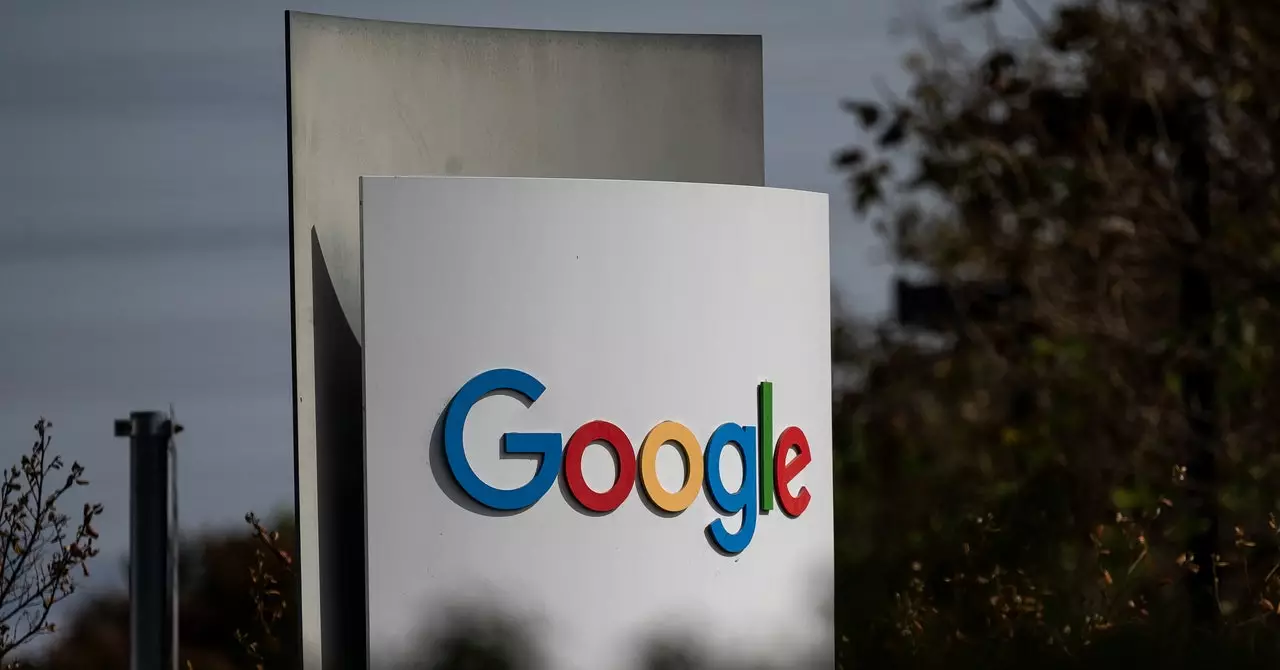The landscape of digital innovation is rapidly evolving, with AI-driven technologies vying for dominance in the search engine market. Google’s generative AI platform, Gemini Assistant, is at the forefront of this evolution, but the company faces significant challenges as it navigates ongoing antitrust scrutiny. Recent court filings reveal a proposed set of restrictions aimed at preserving Google’s business model while attempting to address the concerns raised by regulators. The implications of these developments may greatly affect the future trajectory of not only Google but also the broader tech landscape.
In a notable move, Google has proposed a three-year plan that strategically limits its ability to require device manufacturers, browser developers, and wireless carriers to promote its Gemini Assistant to U.S. consumers. In a climate rife with regulatory caution, the company is attempting to mitigate its antitrust vulnerabilities by granting more latitude to its partners regarding their default search settings. This proposal appears to be a calculated response to pressures from the U.S. Justice Department, which has demanded more significant changes, including the sharing of user data and the divestiture of the Chrome browser, to level the playing field within the ever-competitive technology sector.
This ongoing regulatory saga stems from a ruling by U.S. District Judge Amit Mehta, who found that Google had violated antitrust laws by leveraging its position as the default search engine on various platforms, often through lucrative revenue-sharing agreements. Judge Mehta’s ruling emphasized that these tactics not only reinforced Google’s monopoly on search and search advertisements but also allowed the company to inflate ad prices unchecked. As a result, the pressing question remains: What penalties will Google ultimately face? The impending hearings set for April are pivotal, with expectations of possible ramifications being announced by next August.
The emergence of AI technologies, including ChatGPT and Gemini, introduces a new dynamic whereby traditional search engines must contend with chatbot competitors that offer unique user experiences. The U.S. Justice Department is acutely aware of this transition and aims to prevent Google from transferring its established dominance in traditional search into the burgeoning arena of AI. As discussions unfold, the reality remains that even after potential penalties are imposed, a long legal battle lies ahead, raising questions about the efficacy and timeline of any enforceable changes.
For investors, however, there remains an air of optimism surrounding Google and its parent company, Alphabet. Their stock performance in 2024 has been robust, with a remarkable 37% increase, signaling confidence in Google’s resilience, despite the surrounding legal challenges. This performance underscores the belief that Google can reinvent itself and adapt to changing market conditions, particularly as it seeks to capitalize on the growing interest in innovative AI applications.
Additionally, Google’s proposal highlights the strategic importance of default settings in consumer technology. The company argues that its leading position is a result of having cultivated an enriching user experience. However, the Justice Department contends that defaults significantly influence user choices and preferences, often leading them to stick with Google over competitors. By enabling adjustments to its default status, such as securing agreements with select manufacturers while allowing for flexibility, Google aims to maintain its foothold against competitors without appearing overtly coercive.
In this strategic context, Google must navigate a delicate balance between promoting its products and complying with federal regulations. The revised approach may permit the company to foster partnerships that ease regulatory pressures while still pursuing aggressive marketing for Gemini and other innovations.
Google stands at a critical juncture, facing the dual challenges of regulatory scrutiny and emerging competition. As the dynamics of search evolve with the entrance of sophisticated AI technologies, how Google maneuvers through these obstacles could determine not only its short-term success but also its long-term influence in the tech landscape. With the legal battles ahead and the stakes growing higher, the next few years will likely be marked by significant transformations that could reshape users’ relationships with search engines and AI technologies alike.


Leave a Reply